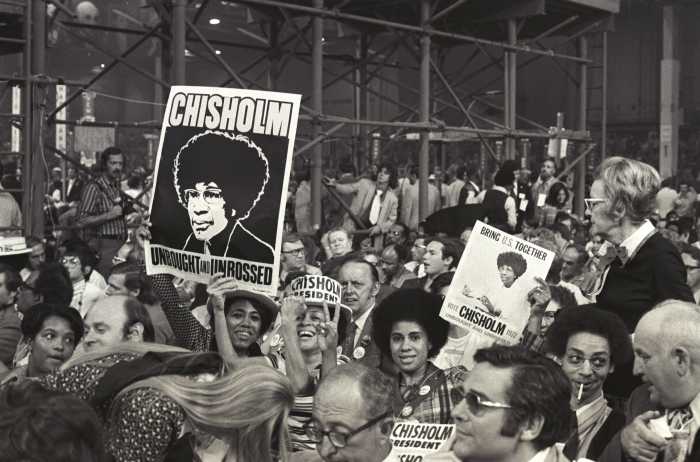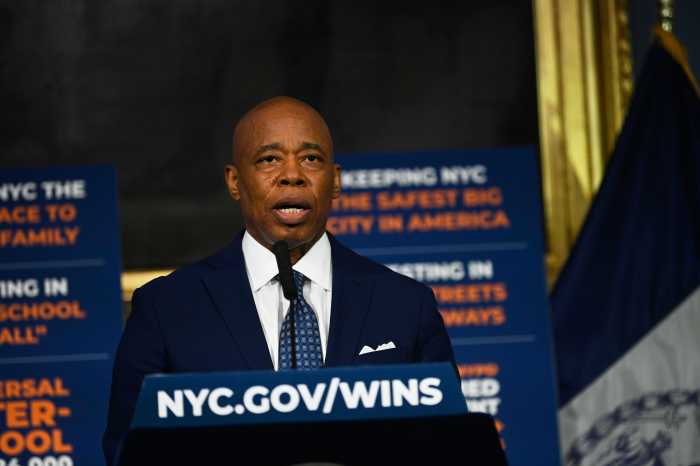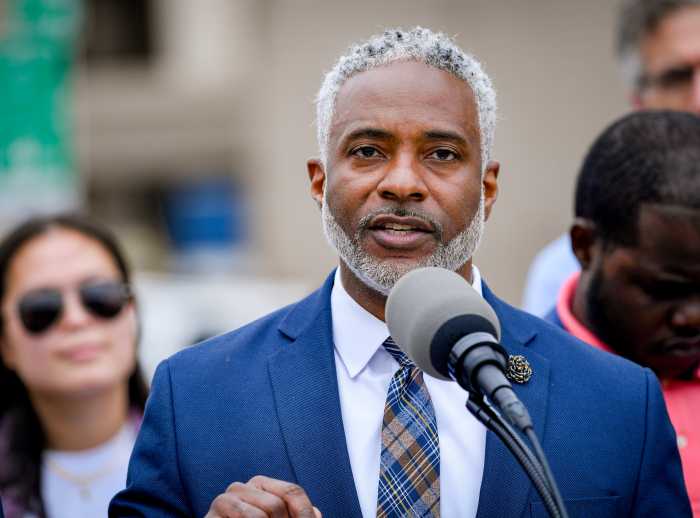The examples are becoming too ridiculous to ignore, don’t you think? On Thursday, the military’s sexual assault morass was on display on both shores of the Potomac River.
On the Virginia side, Pentagon officials admitted that the Army’s top man in charge of prosecuting sexual assault is being investigated for allegedly groping and trying to kiss a lawyer at – of all places – a conference on sexual assault.
Crazy, right? Meanwhile, on the District of Columbia side of the river, the Senate decided that nah, the country doesn’t need a dramatic overhaul in the way the military handles sex assault cases. It’s all good, the majority agreed.
Wonder what those senators make of Lt. Col. Joseph Morse, who also supervises a cadre of other special-victims prosecutors for the Army. These lawyers handle the really sensitive stuff, including domestic violence and child abuse.
Morse is the guy who stood up in some of the Army’s darkest days recently, laying out the devastating case against a fellow soldier accused of killing 16 Afghan civilians in Kandahar province. But not long before that trial, a female lawyer said Morse groped her and tried to kiss her in an Alexandria hotel room at the conference on sexual assault. Army officials verified the existence of the criminal investigation of Morse.
This sounds depressingly similar to what happened last May, when Lt. Col. Jeffrey Krusinski was arrested outside an Arlington, Va. bar’s Cinco de Mayo party for an alleged sexual assault. At the time, Krusinski was – yes – the guy in charge of the Air Force’s program to prevent sexual assaults.
The charges against Krusinski were changed to assault, and a jury acquitted him. But not before the Pentagon tried to take his case away from Arlington County, Va. prosecutors.
Which brings us back to the vote that unfolded in the Senate on Thursday. Sen. Kirsten Gillibrand, D-N.Y., was pushing to remove sex-crime investigations and punishment from the chain of command – a proposal strongly opposed by the Pentagon brass.
They resisted despite the fact that, according to their own research, there were an estimated 26,000 victims of sexual assault in 2012, and about 86 percent of the victims didn’t report the attacks because they feared retaliation or punishment. Despite those numbers, guess who won the battle on the Senate floor? Only 54 senators voted for Gillibrand’s plan. She needed 60 for the bill to pass. And she had been working hard on it for the past year, holding hearings that featured witness after witness relating terrible stories of sexual assault and the awful way their cases were handled.
We heard from commanders who dismissed reports of assault based on snap judgments.
We heard from women terrorized by their own commanders, the people they were supposed to report assaults to.
We heard from women who survived enemy attacks, who defused bombs, but were attacked by their own.
And we heard from Brian Lewis, who was stationed outside of Guam 14 years ago when a senior petty officer invited him to dinner and then raped him at knifepoint. After Lewis reported the attack, he was told to leave it alone and was sent back out to sea. A senior commander said he didn’t want that kind of disciplinary problem among his ranks, Lewis told the Senate Armed Services Committee during a hearing last March.
It’s almost as if we’re tripping over these cases.
I even know someone who resigned over the way sexual assaults were handled at the U.S. Merchant Marine Academy. Denise Rucker Krepp was an officer in the U.S. Coast Guard, continuing her family’s 200-year-old family tradition. But when she requested an investigation into sexual assaults in 2011 in her role as chief counsel at the Maritime Administration, she was told by a Cabinet secretary that she shouldn’t have done that and was asked to resign.
The sexual assaults and they way they were handled were “appalling,” she said in congressional testimony this year. Her family’s military tradition will end with her, she testified.
“My daughters will not join the military and they will not join the military because of what I saw on active duty in the Coast Guard and because of what I saw as chief counsel of the U.S. Maritime Administration,” she said.
Those who volunteer to serve our country deserve better than that from military leaders. But until the system changes, they aren’t likely to get it.






























